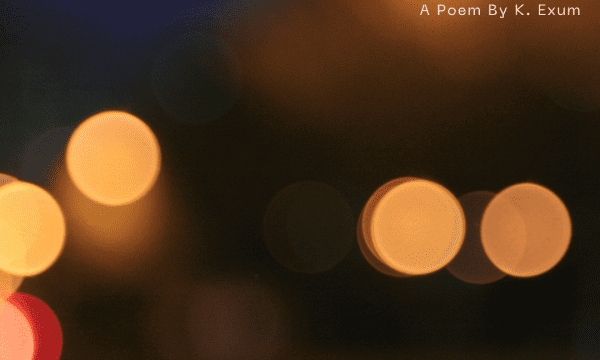
Memories-How come the bad always outweigh the goodI can’t even look at the people in front of me, telling me I couldI only remember the times when they told me I couldn’tThese words flowing through…
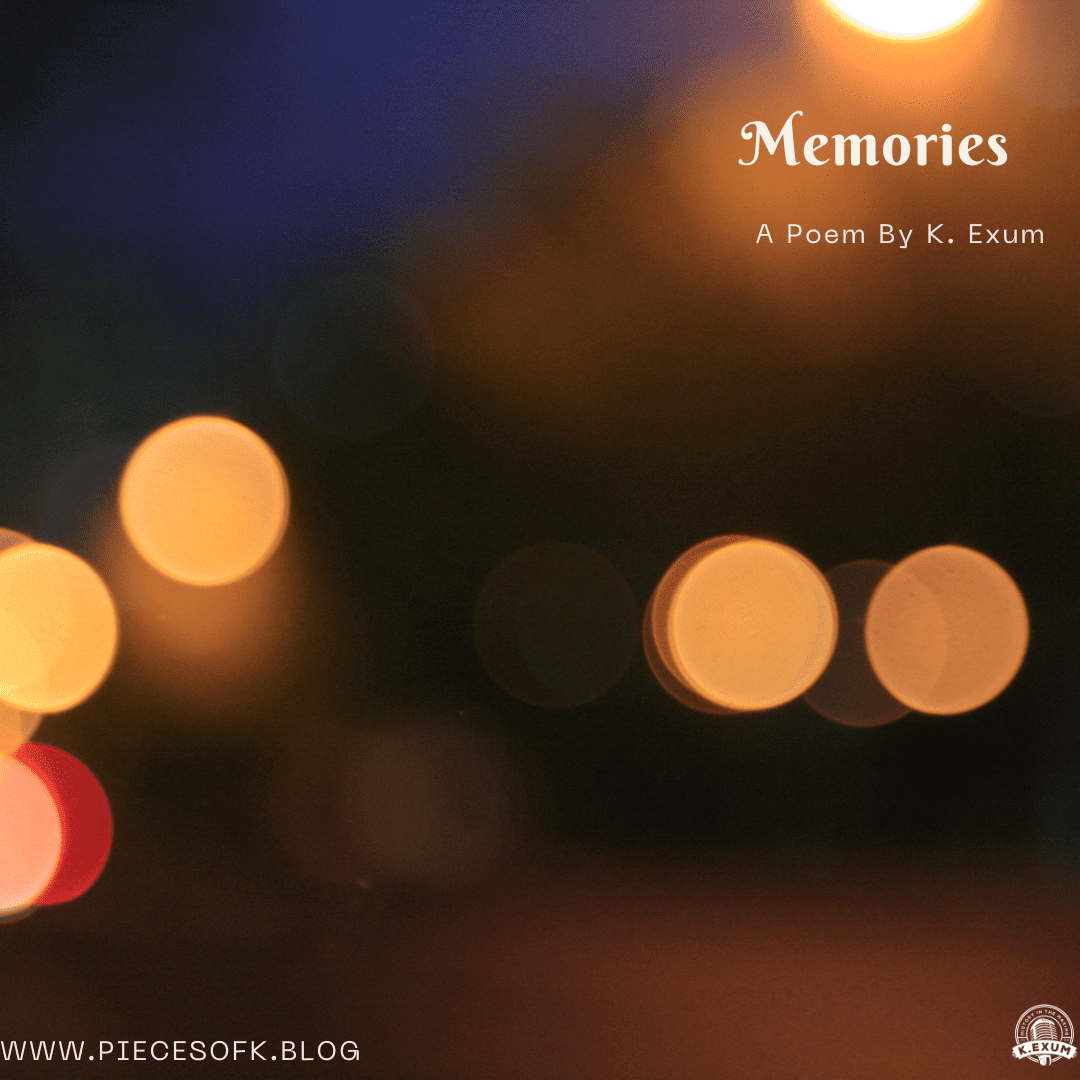
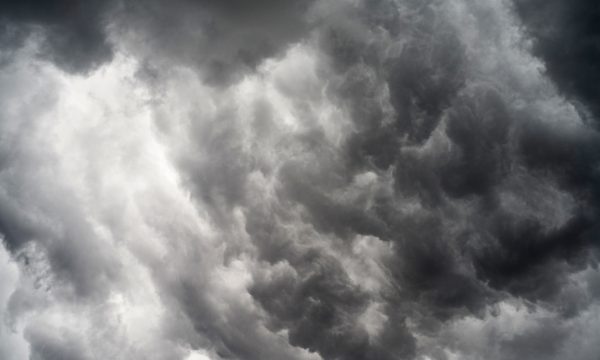

Free Thoughts Always pushing people away Feeling like I’m not okay But try to smile anyway Crack jokes online Smoke my brains away when the camera off Love life continues to suck I make great…
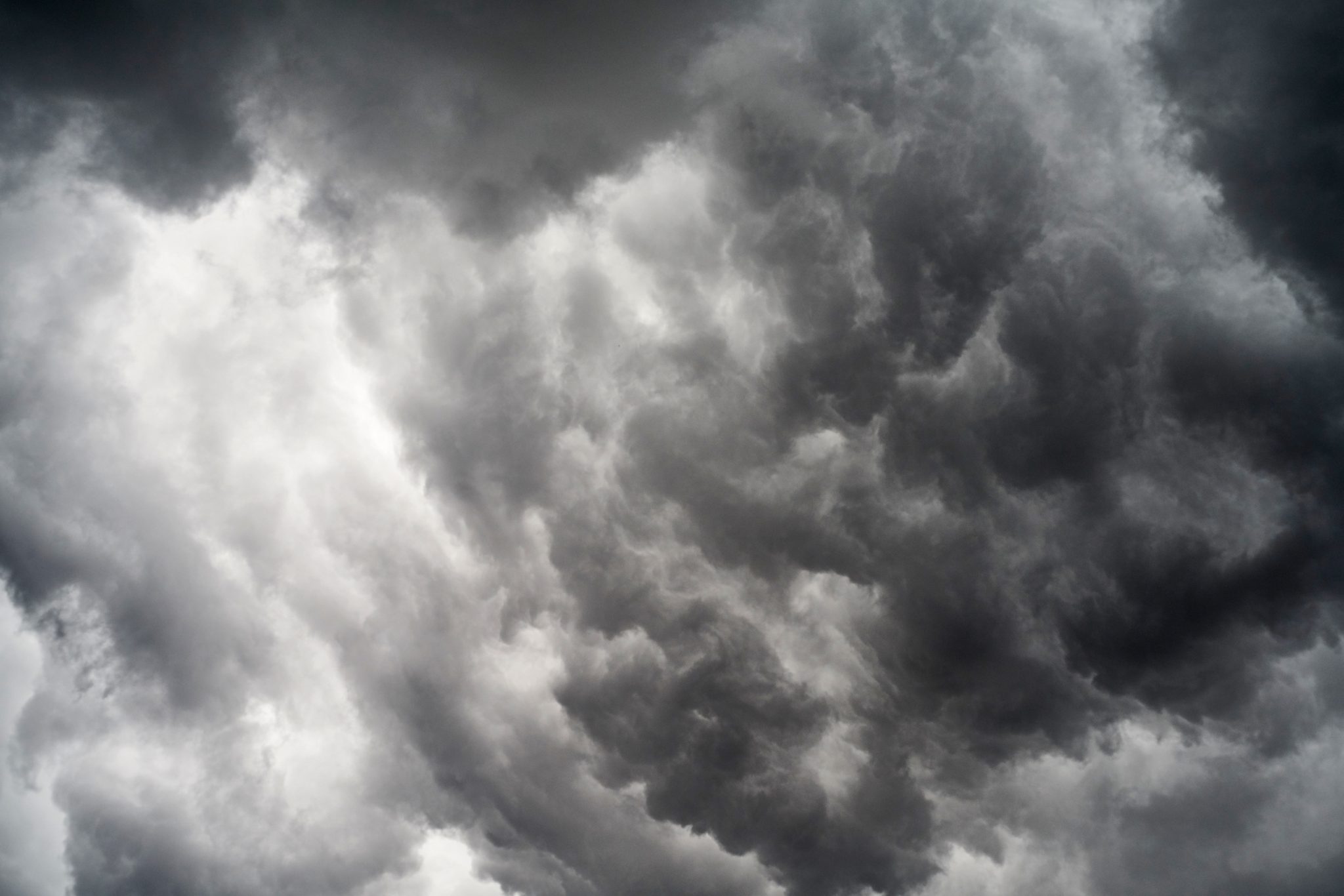

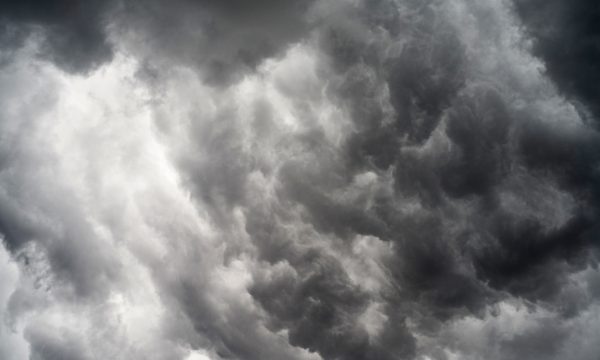

Free Thoughts Always pushing people away Feeling like I’m not okay But try to smile anyway Crack jokes online Smoke my brains away when the camera off Love life continues to suck I make great…
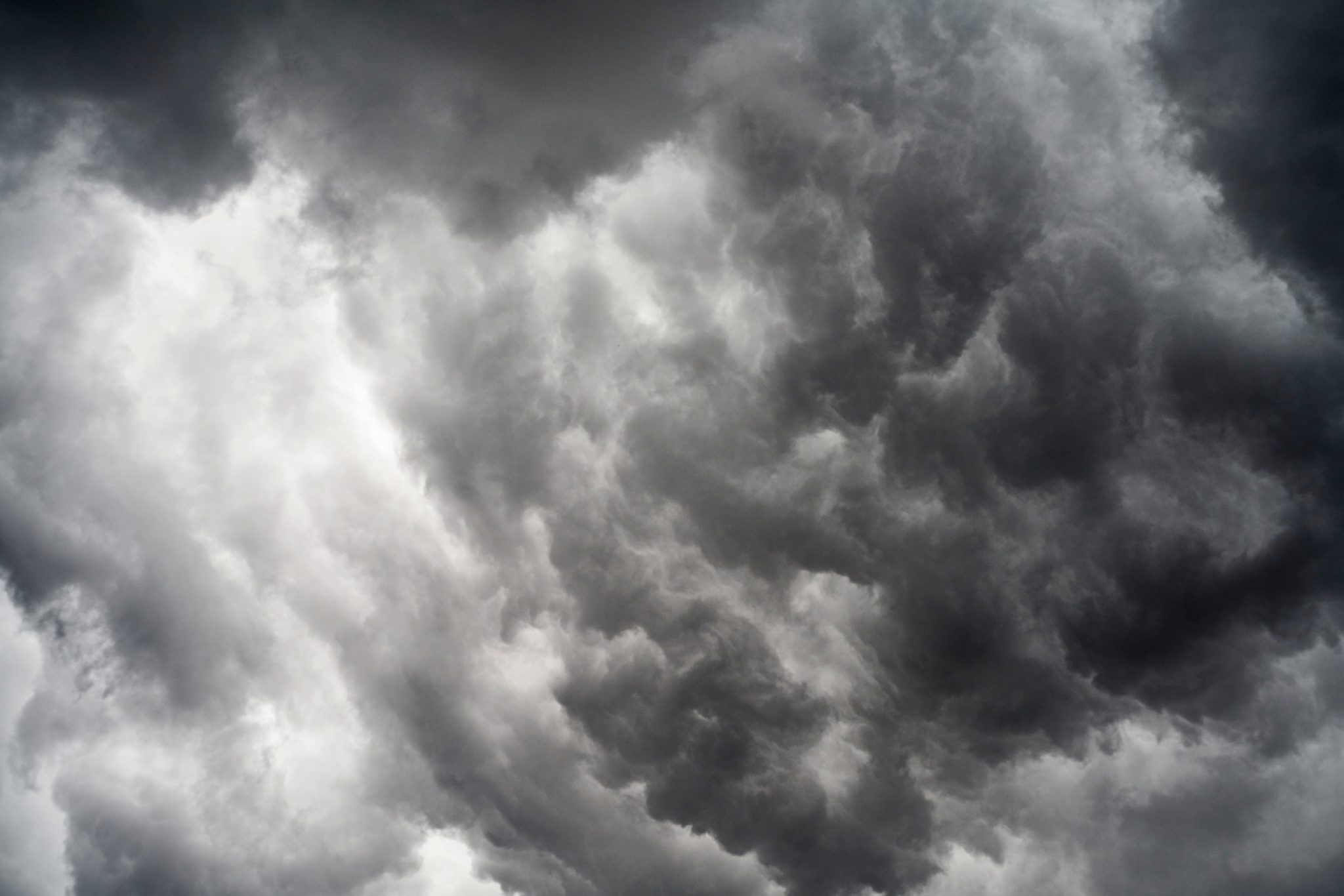

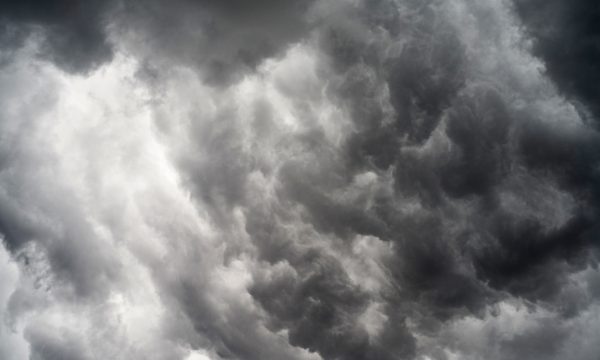

Free Thoughts Always pushing people away Feeling like I’m not okay But try to smile anyway Crack jokes online Smoke my brains away when the camera off Love life continues to suck I make great…
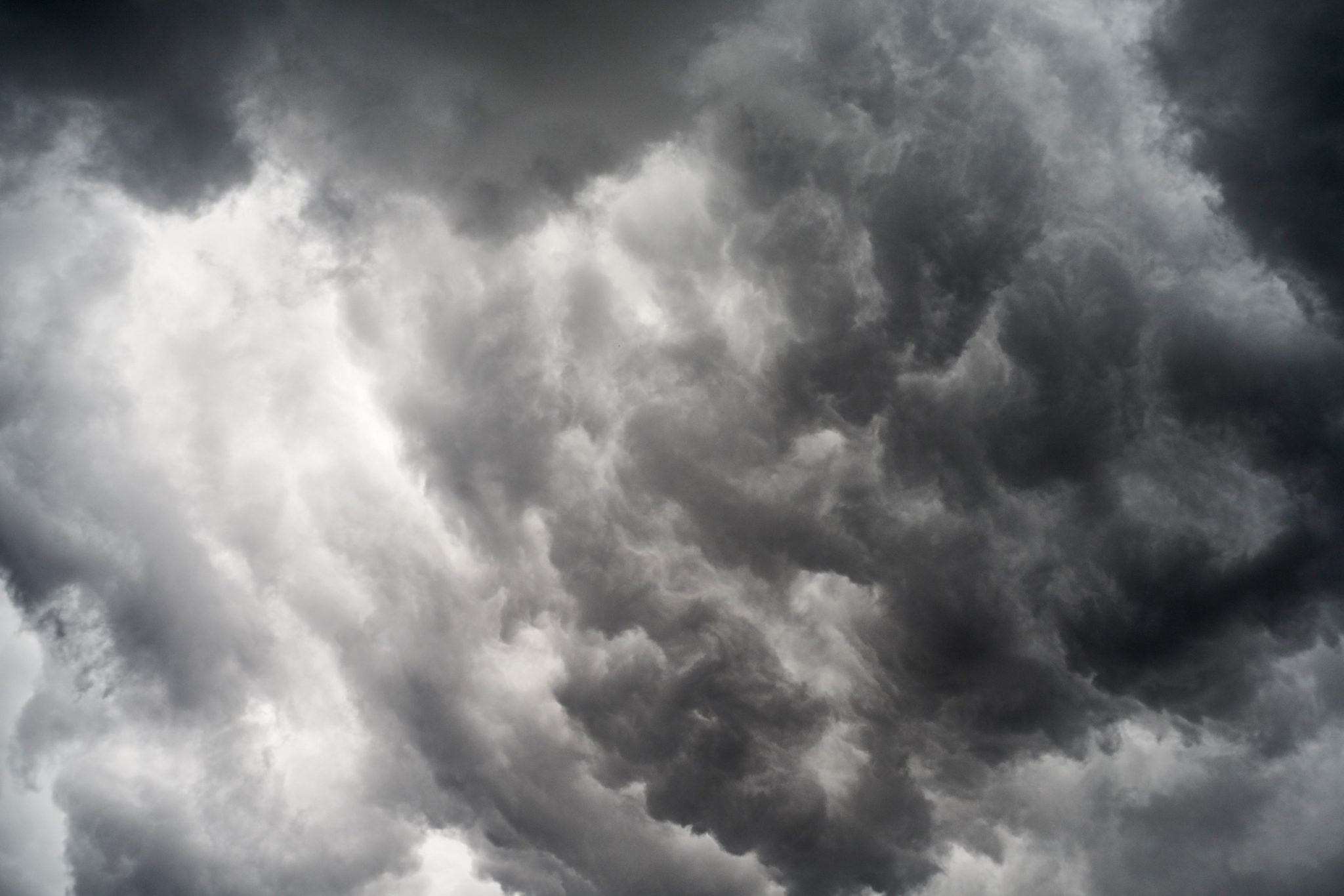

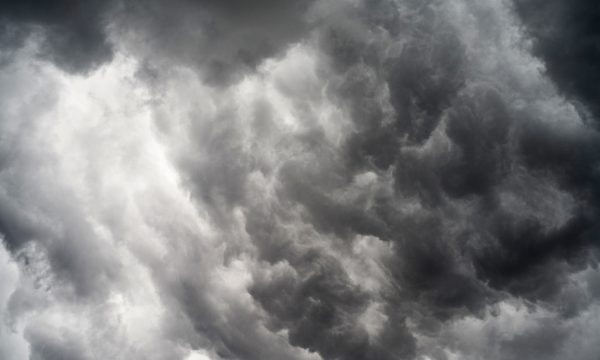

Free Thoughts Always pushing people away Feeling like I’m not okay But try to smile anyway Crack jokes online Smoke my brains away when the camera off Love life continues to suck I make great…
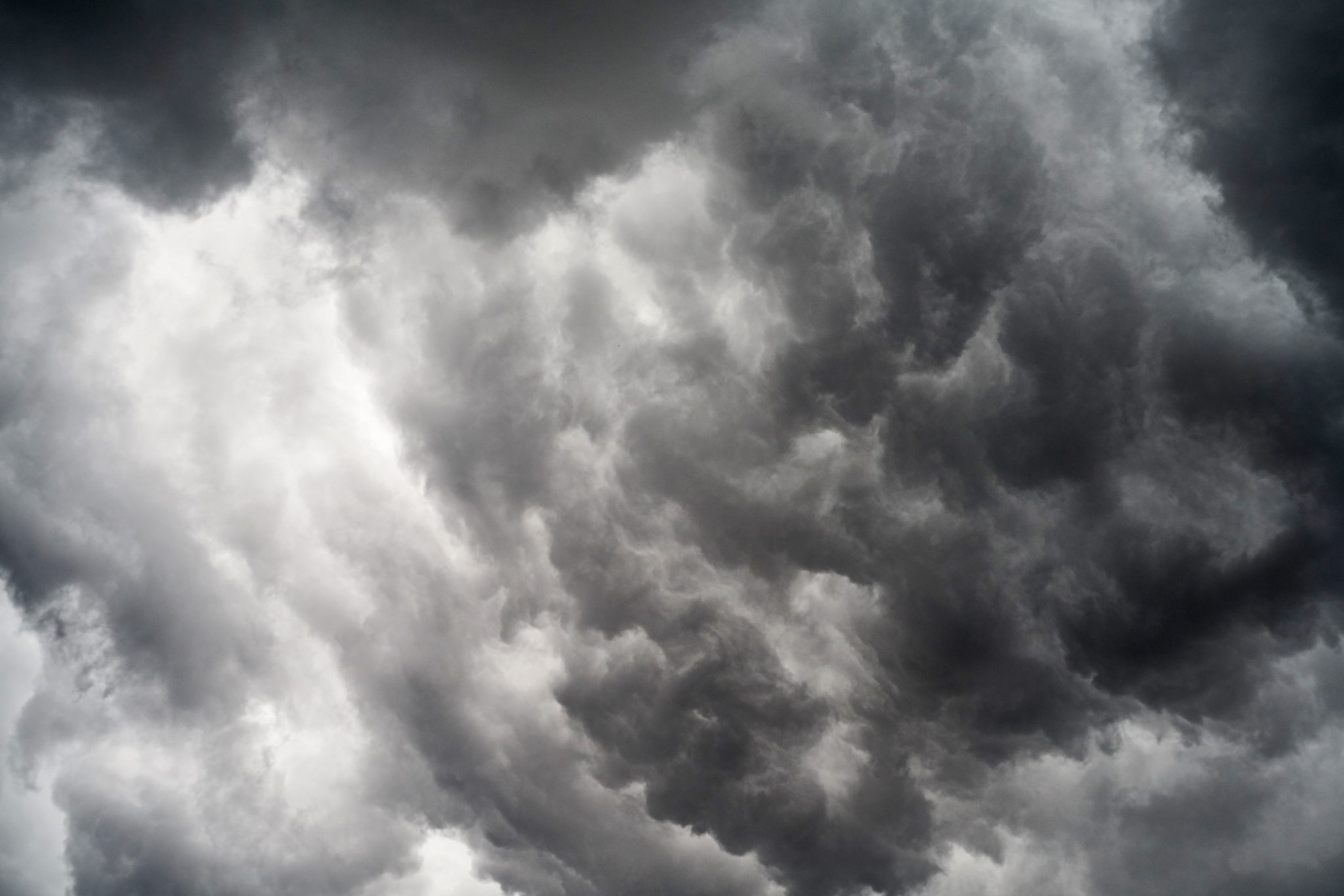

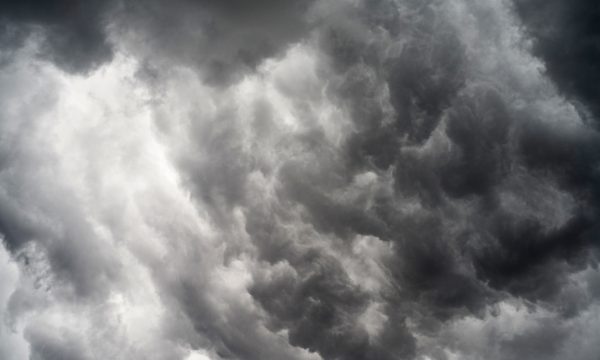

Free Thoughts Always pushing people away Feeling like I’m not okay But try to smile anyway Crack jokes online Smoke my brains away when the camera off Love life continues to suck I make great…
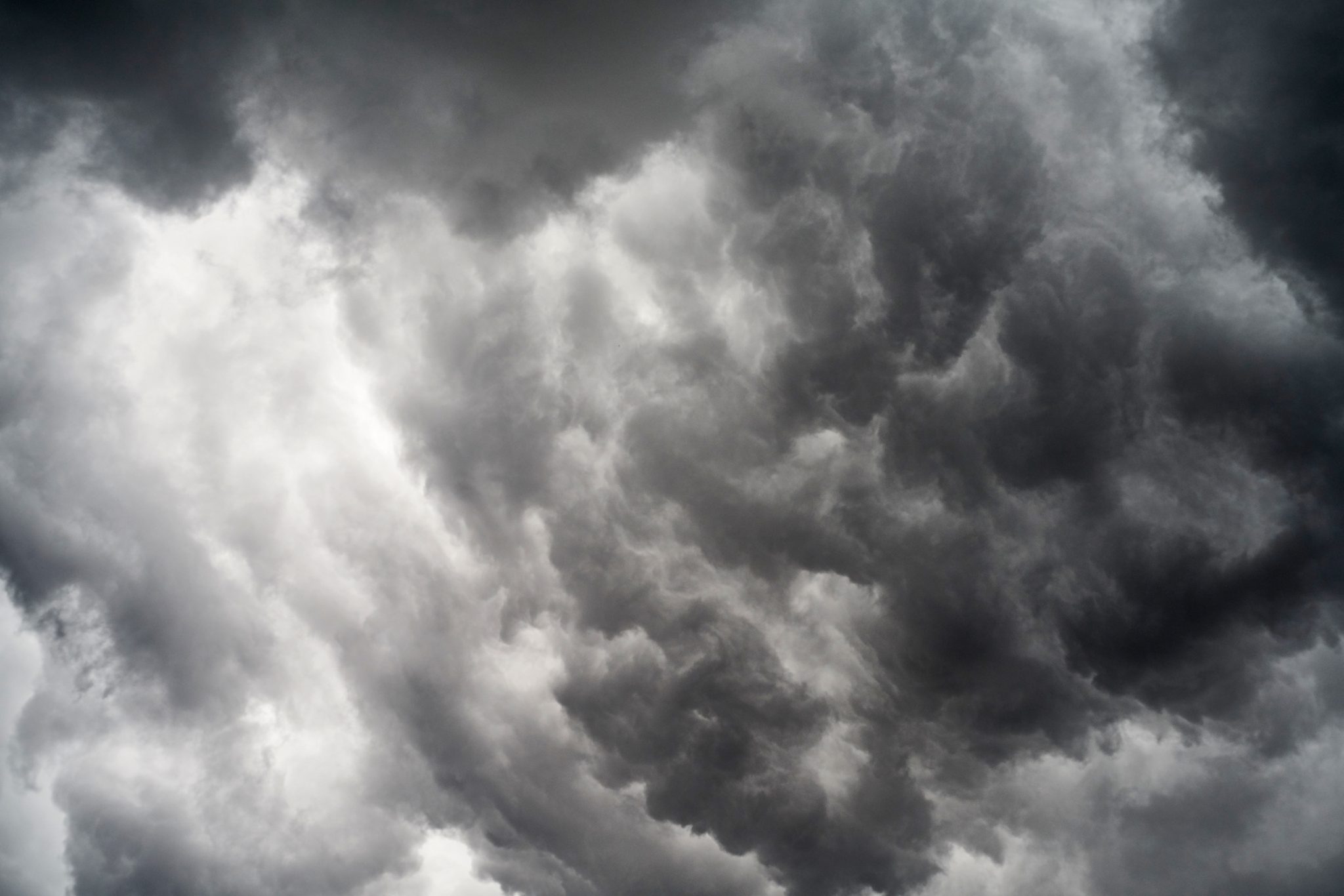

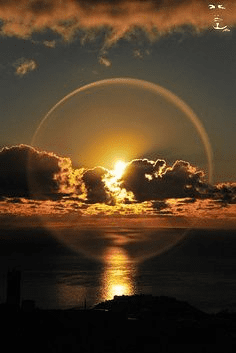

J. W. Cassandra: “Egy születésnap kísértete”: a verset tegnap késő éjjel írtam, és ma volna az ünnep. Szeretett és örökkön hiányzó öcsémnek és emlékének ajánlom a verset. Illusztráció: Google Képek. (“Ghost of a Birthday”, by J. W. Cassandra: This poem I wrote yesterday late in the evening and the feast would be today. I dedicate it to my beloved and missed forever younger brother and to his memory. Illustration: Google Images.)


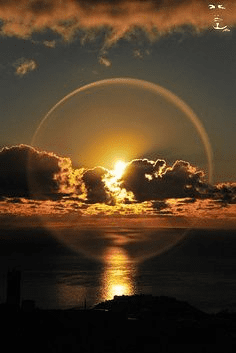

“Ghost of a Birthday”, by J. W. Cassandra: This poem I wrote yesterday late in the evening and the feast would be today. I dedicate it to my beloved and missed forever younger brother and to his memory. Illustration: Google Images.


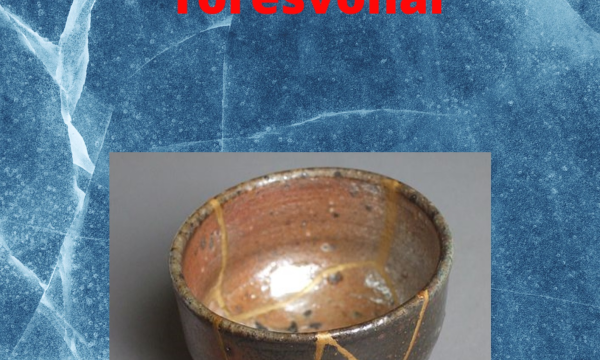

J. W. Cassandra: Törésvonal. Ezt a verset az országunkban ünnepelt költészet napján írtam, 2022. 04. 11-én. Bizonyos szempontból a Csak a visszhang marad című versemre rímel, avagy annak visszhangja. Ezért osztom meg őket egymás után. A 2 verset elválasztja az idő, de a lényegük összeköti őket. Mind angolul, mind magyarul megosztom itt. Illusztráció: Google Képek. (Fault Line, by J. W. Cassandra. This poem was written on the day of poetry celebrated in our country, on 11th April, 2022. From a certain aspect it’s the pair or answer for the echo of my poem Only the Echo Remains. That’s why I share it here right after it. The 2 poems are divided by time but their essence makes them bound. I share it both in English and in Hungarian here. Illustration: Google Images.)
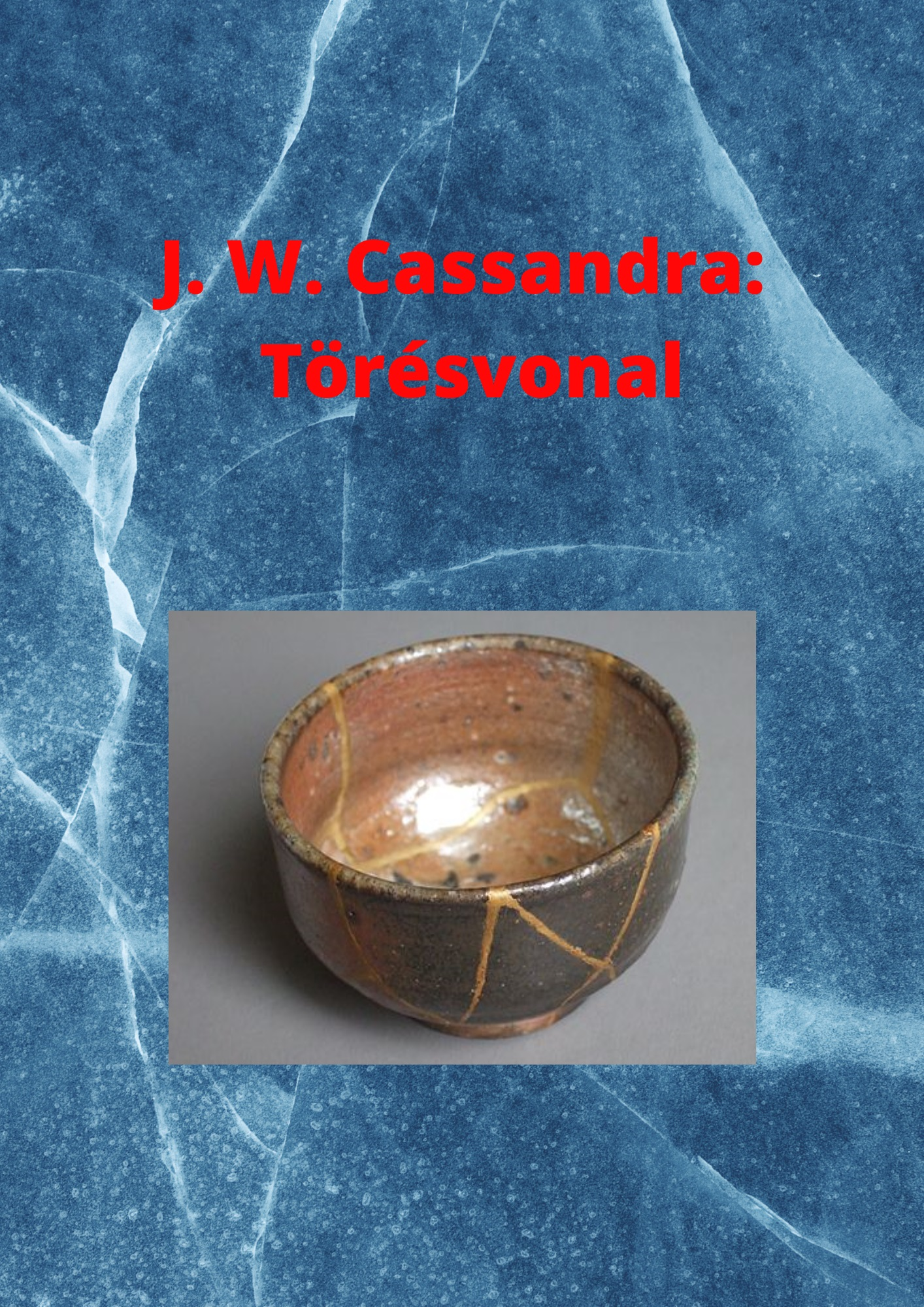



Fault Line, by J. W. Cassandra. This poem was written on the day of poetry celebrated in our country, on 11th April, 2022. From a certain aspect it’s the pair or answer for the echo of my poem Only the Echo Remains. That’s why I share it here right after it. The 2 poems are divided by time but their essence makes them bound. I share it both in English and in Hungarian here. Illustration: wikipedia-es-Kintsugi.
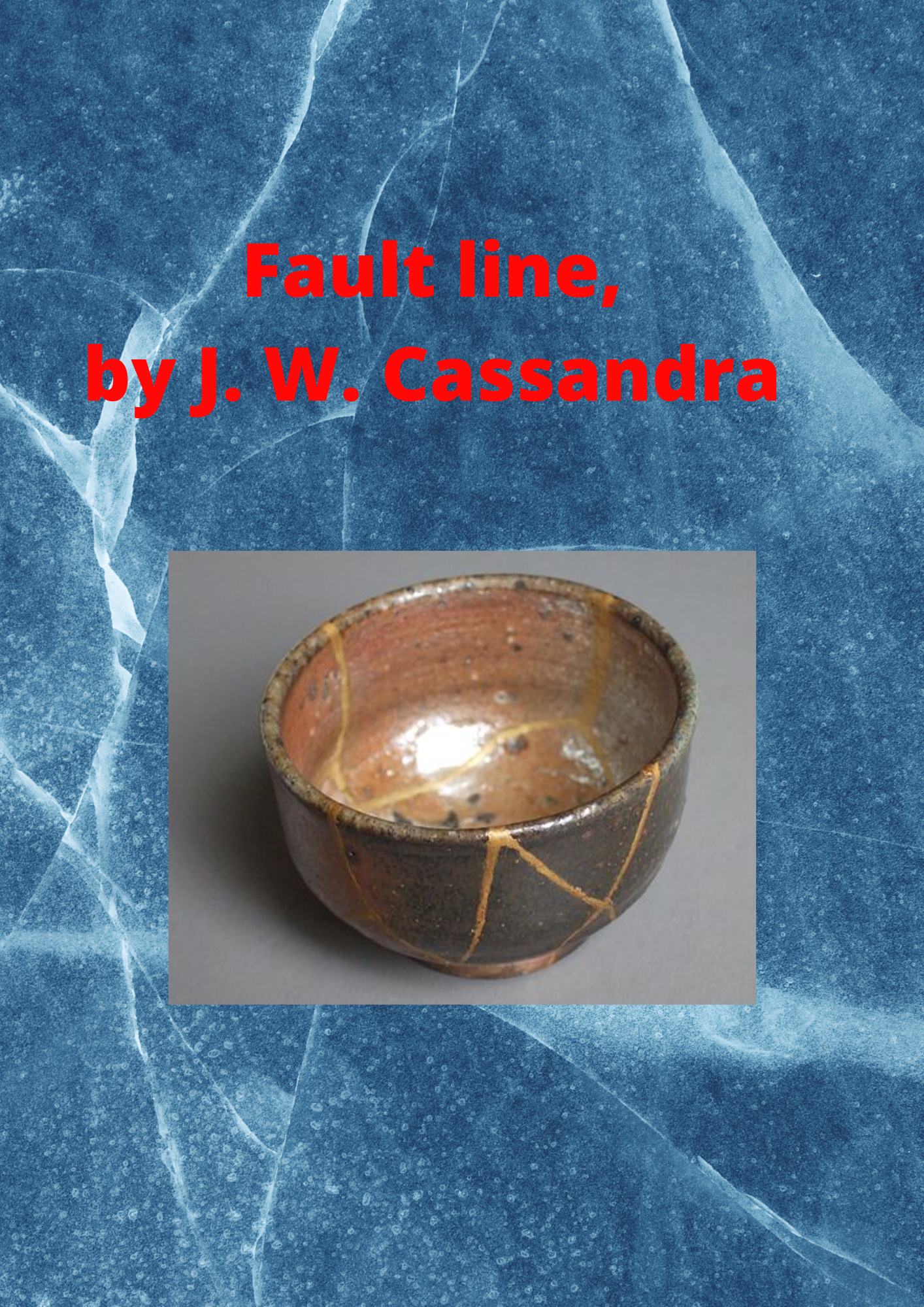

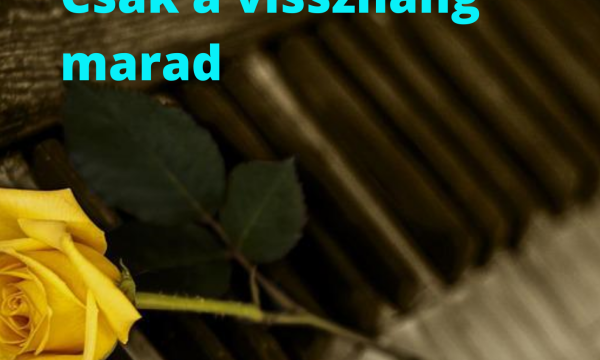

J. W. Cassandra: Csak a visszhang marad. Ez régi versem,még 2010-ben írtam és 2020-ban fordítottam le. Az “Öntudatra ébredt Örökkévalóság” című kötetem “Eszmélő emlék” című ciklusába tartozik. A versszerkezet szabad, a visszhang ad sajátos ritmust és rímeket neki. A magyar változatban szójátékot alkottam, amit angolul nem lehet visszaadni, és amely a visszhang rímét adja. Szó szerint ‘fájdalom’ (‘pain’)és ‘dalom’ (‘my song’). Magyarul a 2 utolsó szótag azonos, amit angolul nem lehet jól lefordítani. Ezek lefordíthatatlanok angolra. A magyar változat előtt megosztottam az angolt is, itt lehet látni. Az angol szójátékot másként oldottam meg. Illusztráció: Martyn Cook, Pixabay. (Only the Echo Remains, by J. W. Cassandra. This is an old poem from me, written yet in 2010 and translated in 2021. It belongs to my volume 1, “Eternity, Awaken to Consciousness”, to cycle “Memory, Becoming Conscious”. The poem is built by a free structure, where the echo gives a strange rhyme and rhythm. In the Hungarian version I made a word-play what is beyond reproduction in English and what gives the rhyme of the echo. Literally it is ‘pain’ and ‘my song’. In Hungarian, 2 syllables of the word ‘pain’ that is ‘fájdalom’ are identical to word ‘my song’ that is ‘dalom’. These are beyond translation literally in English. Before the Hungarian version I shared the English one, as well, you can see it there. In English, I solved the word-play differently. Illustration by Martyn Cook, from Pixabay.)
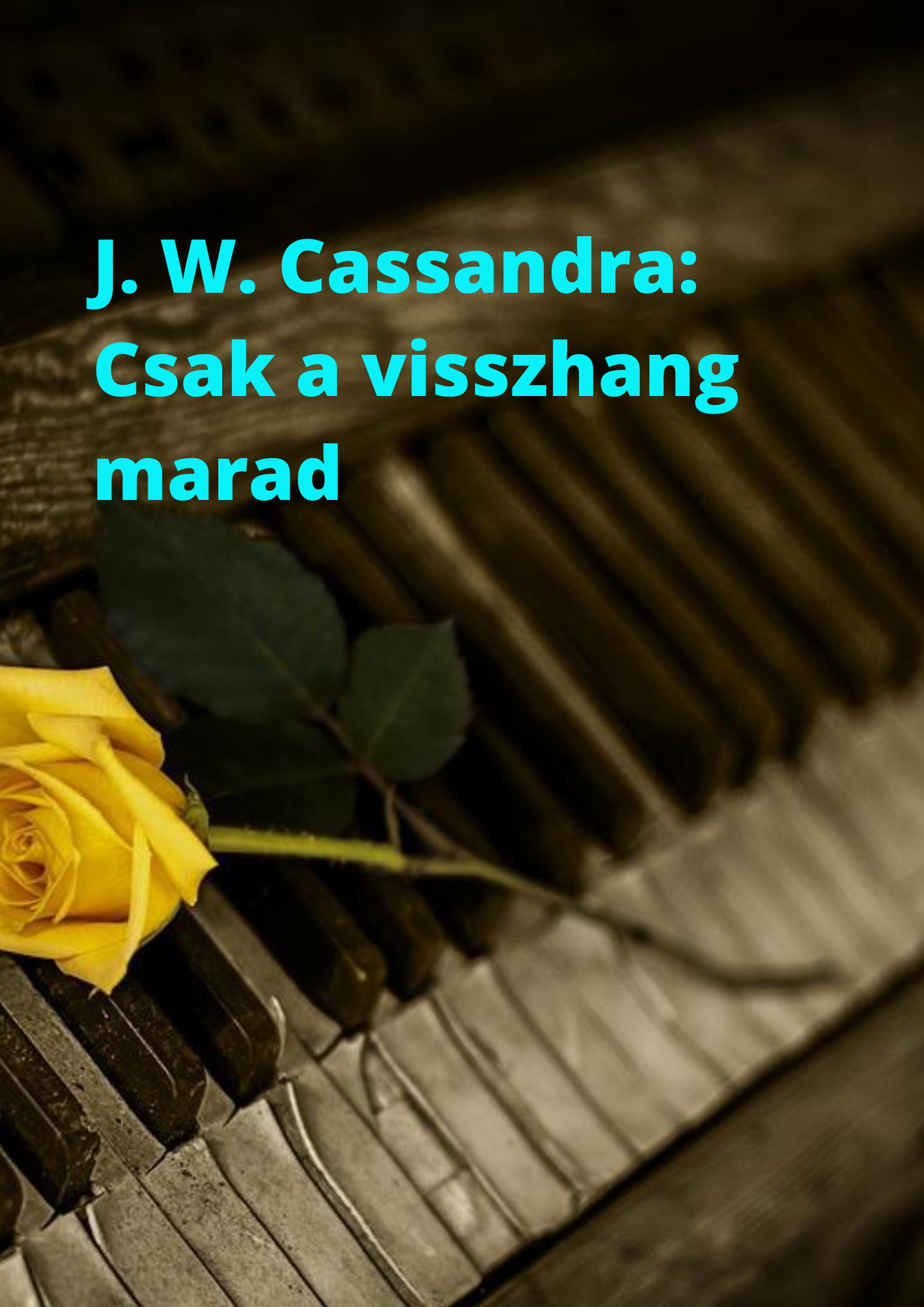

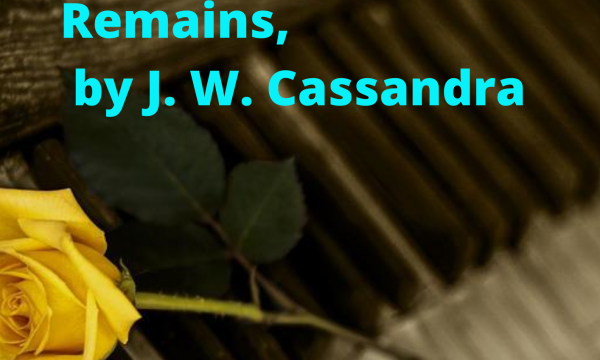

Only the Echo Remains, by J. W. Cassandra. This is an old poem from me, written yet in 2010 and translated in 2021. It belongs to my volume 1, “Eternity, Awaken to Consciousness”, to cycle “Memory, Becoming Conscious”. The poem is built by a free structure, where the echo gives a strange rhyme. In the Hungarian version I made a word-play what is beyond reproduction in English and what gives the rhyme of the echo. Literally it is ‘pain’ and ‘my song’. In Hungarian, 2 syllables of the word ‘pain’ that is ‘fájdalom’ are identical to word ‘my song’ that is ‘dalom’. After the English version I’ll share the Hungarian one, as well, you’ll see it there. In English, I solved it differently. Illustration by Martyn Cook, from Pixabay.
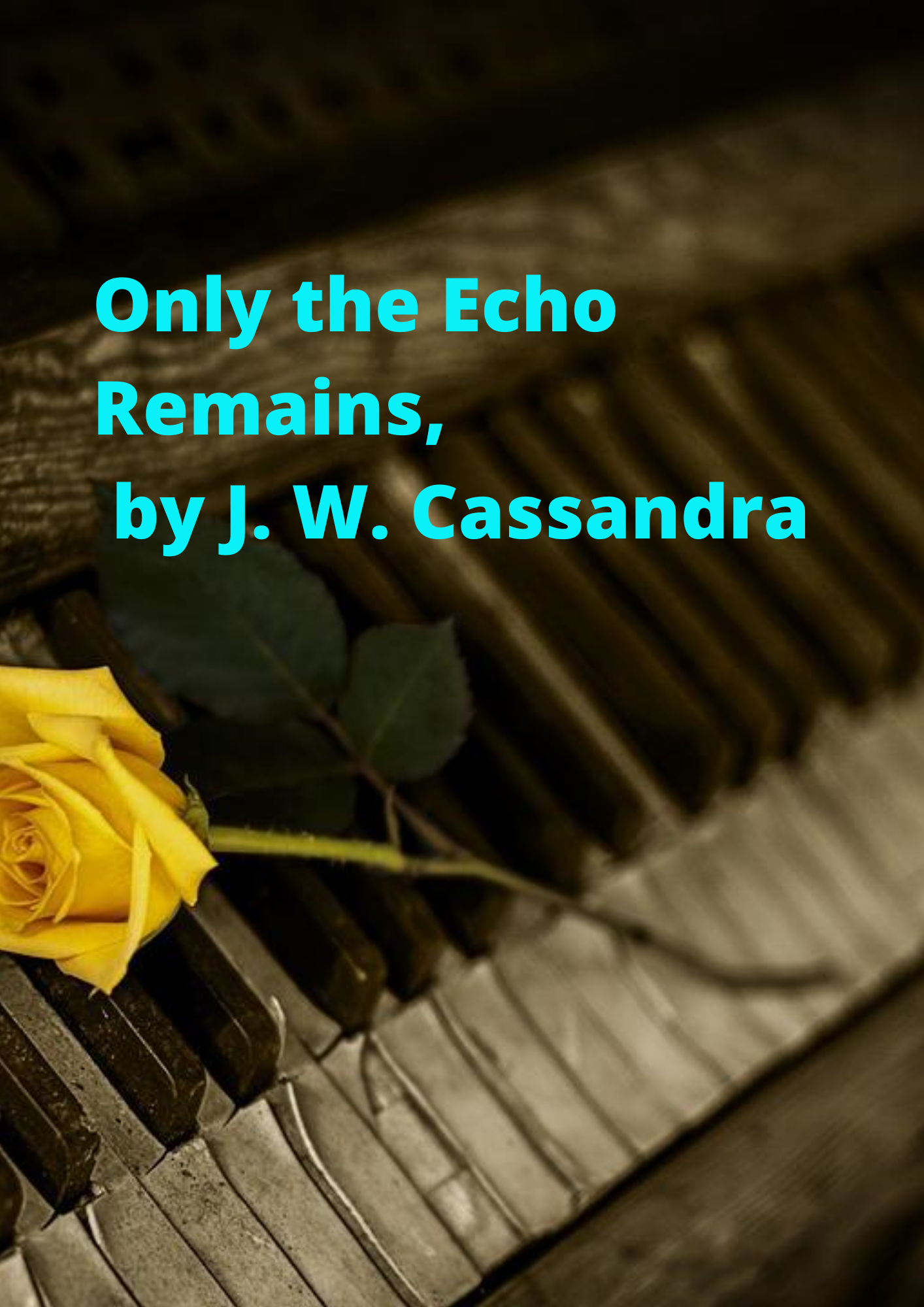



J. W. Cassandra: Csönddel vertél: ezt a verset ma késő délután írtam, és a lányom győzött meg, hogy érdemes megosztanom. Tehát megosztom, bár nem igazán vagyok meggyőződve arról, hogy biztosan ezt kell tennem. Remélem, megérint benneteket! Mind angolul, mind magyarul közzé teszem. Illusztráció: Sabine van Erp, Pixabay. (You Beat Me with Silence, by J. W. Cassandra: this poem I wrote today late in the afternoon and my daughter persuaded me that it’s worth to share this poem. So, I share it however I’m not too persuaded that I should absolutely do so. I hope it can touch you. I share it both in English and in Hungarian. Illustration is by Sabine van Erp, from Pixabay.)




You Beat Me with Silence, by J. W. Cassandra: this poem I wrote today late in the afternoon and my daughter persuaded me that it’s worth to share this poem. So, I share it however I’m not too persuaded that I should absolutely do so. I hope it can touch you. I share it both in English and in Hungarian. Illustration is by Sabine van Erp, from Pixabay.




